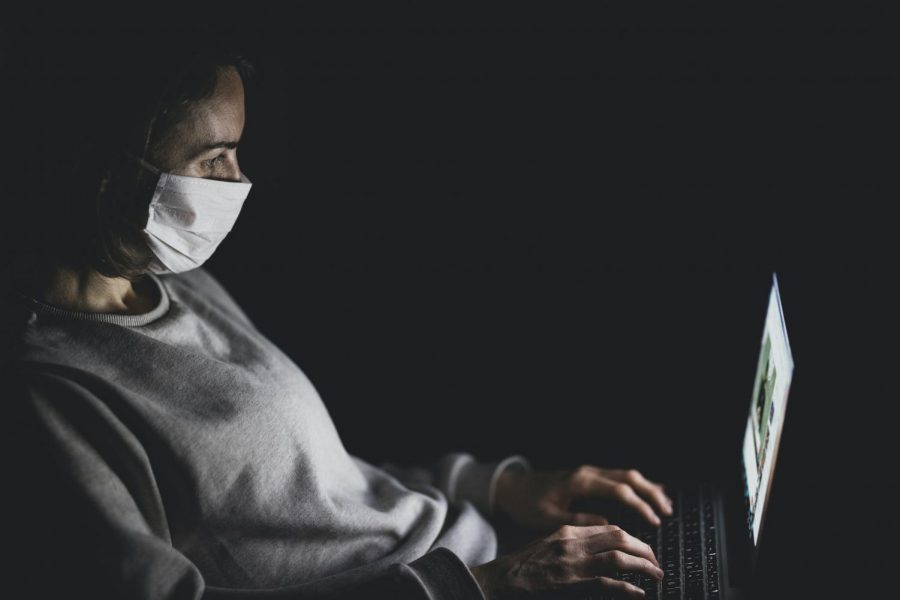Self care in the time of COVID-19: how to combat pandemic fatigue
Being pent up at home, socially isolated from others, can lead to detrimental consequences to one’s mental health. Taking the time for self care is important during these hard times.
December 10, 2020
As cases continue to surge across the U.S., citizens are tired of the bottled up feelings of social isolation. While it is important to follow new, stricter public health guidelines to limit the spread, mental health cannot be put on the back burner.
The same mundane routine of logging into Zoom classes rather than the typical interactions that would have happened during in-person school can be unmotivating and tiring. Many are dealing with adverse consequences on mental health caused by this stress and fatigue.
According to an Active Minds survey, “nearly 75% of student respondents indicated that their mental health has worsened since the pandemic began. Students reported feeling stress and anxiety, disappointment and sadness, loneliness and isolation, among other concerns.”
The feeling of burnout has been dubbed “pandemic fatigue.” Being in a chronically stressful situation, in this case having severe disruptions due to COVID-19, is the main factor.
According to Dr. Julie Graziane, a psychiatrist at the Milton S. Hershey Medical Center, “The relentless pace of the pandemic and the resulting social distancing restrictions have been exhausting and stressful, but there are things that we can do to help mitigate a lot of those stressful emotions.”
Adapting to uncertainty is always challenging. However, paying attention to emotional and physical needs and putting the effort to renew one’s energy will allow for healthy coping mechanisms.
A good way to combat pandemic fatigue is taking time for self care. Activities such as taking a walk, reading a book, or doing something creatively stimulating can be the key to staying mentally healthy. Connecting with friends or family via phone or video can relive some of the social isolation during this time.
According to Penn State Health, “reflecting on what was important and provided meaning to [one’s life] prior to the pandemic can help people find strength and purpose as quarantines continue.”
Additionally, monitoring one’s ‘doom scrolling’– purposely tuning in to negative stories on TV or social media, can reduce the feeling of dread and uncertainty. Picking one or two trusted sources to rely on is enough to stay in the loop.
According to an interview with Dr. Epel on the NY Times, “limiting exposure to upsetting news and being kind to yourself and others who are experiencing emotional distress [can reduce psychological stressors].”
Accepting this new reality and staying committed to good habits even when the temptation of giving up sets in is the key to getting through these tough times.


